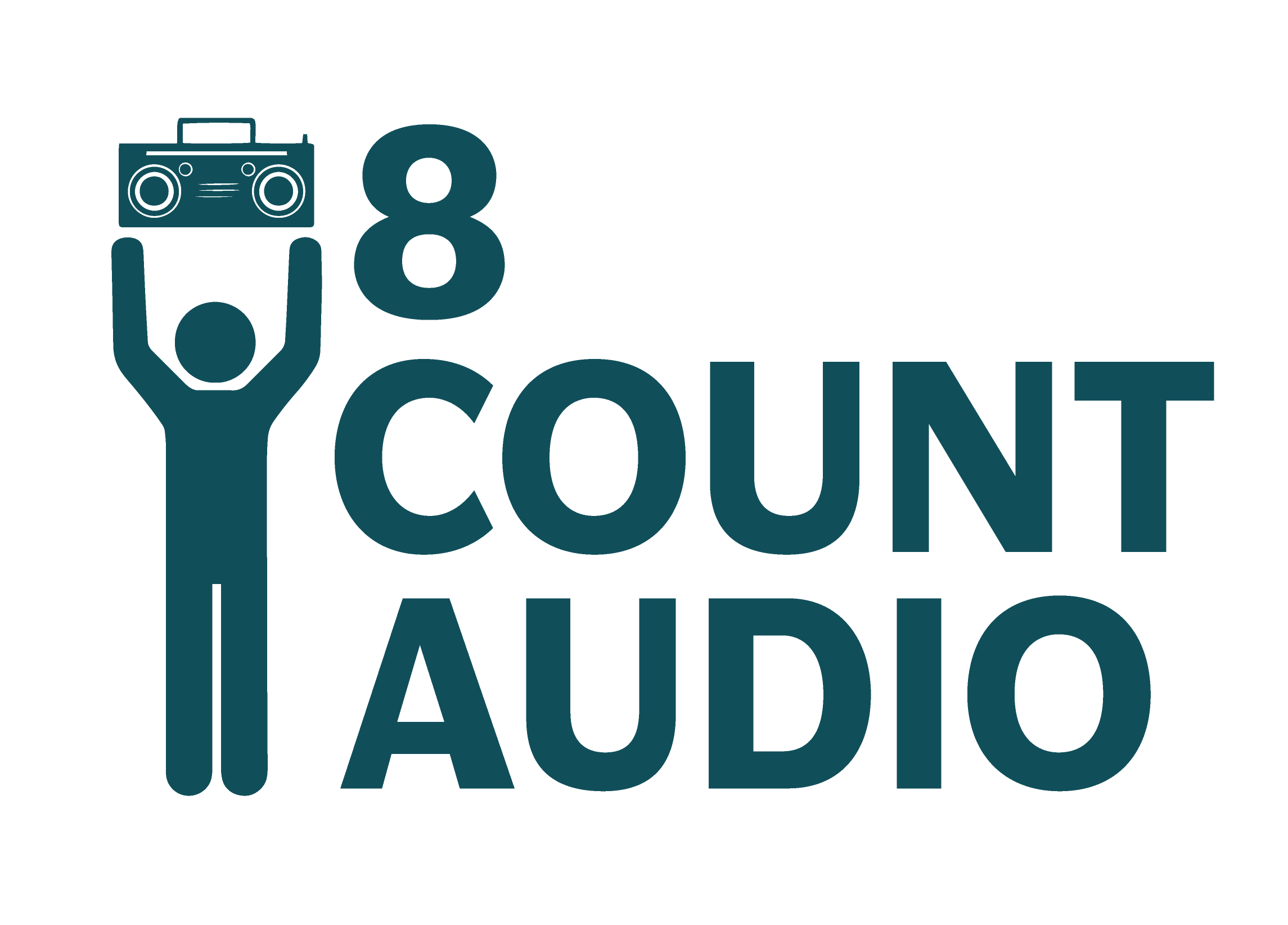Rookie Coaches, Have No Fear
Rookie Coach? Veteran Tips For Setting Up A Successful Season
by Allison Preston
8CA Special Guest Contributor
Congratulations! You’ve been selected as the new Dance Team Coach! You now have 20 (or maybe 47) children. Let’s talk about how you’re going to raise them.
You laugh, but I’m totally serious. You are going to spend more time with your dancers than their parents for the duration of your season- and while other coaches are “in-season” for 9-12 weeks a year, your season lasts for 6 months at least. We veteran coaches will hold off on the “back in my day, we only had a week off!” speech- because the season itself is still incredibly demanding, and it will take some serious prep time to be successful.
Summer is the time to re-group, or in the case of you, our newly appointed Rookie Coach, it’s the time to get your wheels turning and start prepping your team. If you’re not coaching a competitive team, you have a little more time to relax in the summer. But, chances are if you coach in Illinois, your team competes. And if you’re not yet, you will be soon. There are myriad topics we could discuss for summer prep, but today we will focus on a few of the biggies: transitioning, communication, planning.
Transitioning:
Whether your team loved or loathed their former coach, there will be some bumps in the road when it comes to your transition as the new leader. You’ll hear a lot of “we always” and “we never,” and you may even get some overly personal opinions about your predecessor. I suggest meeting with your team (or maybe just returning girls) as soon as possible, to get an idea of past practices if you’re coming in totally green. Let them talk freely, and ask that they provide constructive feedback on their experiences so far on the team. It is important for the dancers to see that you care about their traditions- remember, this is their high school experience. But, they also need to realize that certain things may change, and it is up to you to provide a smooth transition. Make sure you evaluate any changes you plan to make by putting the team and its goals first, and then explain your reasoning to the dancers. Your changes will meet with much less resistance if you have a comprehensive plan in mind. And, as hard as it may be, don’t change EVERYTHING in your first year. Try some of the methods that are already set for you and adjust them slightly throughout the season if you can. That way when things go wrong (and at least one thing will) you will be able to pinpoint areas of improvement, and you won’t feel like your whole year was a bust.
Communication:
Clear, consistent communication is crucial to a successful season. You will have families with all levels of experience on your team, and you can never assume that everyone will know what is going on. My first tip in communication is to get an email distribution list of ALL parents and guardians as soon as you can. Make it clear to everyone that this list will not be shared without permission though! In order to avoid the dreaded “reply-all” frenzy that often accompanies mass emails, send all emails to yourself and/or your assistant(s) in the “To” field, and use the blind copy function (BCC) to add your team list.
When communicating directly with the dancers, I highly recommend a third party messaging service like Remind 101. This allows you to send a mass text to all who sign up, but they can’t see your number. As a professional precaution, I always ask dancers and parents to contact me via school email/phone, and try to keep my cell phone number private. While technology is a blessing, constant contact with high schoolers can be a little bit of a curse. If you can’t avoid giving out your cell number, it is always a good idea to add mom/dad/guardian to any text you send to a dancer. I send a “weekly update” email to my teams, which includes reminders, upcoming events, and an inspirational quote every once in a while. I ask parents to send me requests, etc. instead of emailing the whole team, and I include their notable items in my weekly update. Whether or not you choose to use a similar system, always make sure that communication coming from you is written professionally, and checked for spelling and grammar!
Planning:
Your summer schedule might be packed with camps and conditioning, but now is when you need to carve out some time to work on competition music, choreography and costuming! Check with your school and/or district purchasing department to make sure you are fully up-to-date on all processes. Many companies will need a purchase order or payment in full to fulfill orders, and many schools will require validation of companies’ credentials before providing a PO and/or payment. If you wait until fall to start all of your purchasing, you may find your team scrambling come competition season.
You should also be “auditioning” music during this time. I prefer to hire a professional to handle my mixes, because I believe that a strong mix is the core to an exciting, successful competition routine. Make sure you check credentials of anyone you consider using! There are a lot of “DJs” out there who advertise their services for dance and cheer teams, but may not have the same style or ideas as you when it comes to the actual cut of music. And you’ll also want to ask for references- other teams in your competition circle who have used that person, or even ask for a sample mix if he/she has one. There are several DIY options for music such as WavePad and Audacity, but I prefer to leave it in the hands of a professional!
If you’re competing in Illinois with IHSA, you can’t actually start teaching choreography to your team until the end of October (check the IHSA terms and conditions for specific dates), but you can use the summer to work on choreography yourself or start assigning pieces to your choreographers. This will provide you the time to use a “backwards design” method in your summer and fall practices. If you have pieces of choreography in mind, you can focus on the desired technique and skills throughout your early practices, and add some of the difficult technical elements to football or pep rally routines. Similar to a basketball team running drills, these “practice runs” will help your team drill the skills you want to see during competition and you will find that the choreography itself will start to develop organically.
Summer really is the time to build your team and prepare for a season of success. If you’re well prepared now, you’ll be set for a great first year as head coach!
Allison Preston is an English teacher and the Varsity Dance Coach at Jacobs High School in Algonquin, IL. She has been coaching for nine years in the Chicago Suburbs, in addition to several years as a freelance consultant and choreographer. Her teams have competed under UDA, IDTA, TDI and IHSA. Preston resides in her hometown of Crystal Lake, Illinois.

